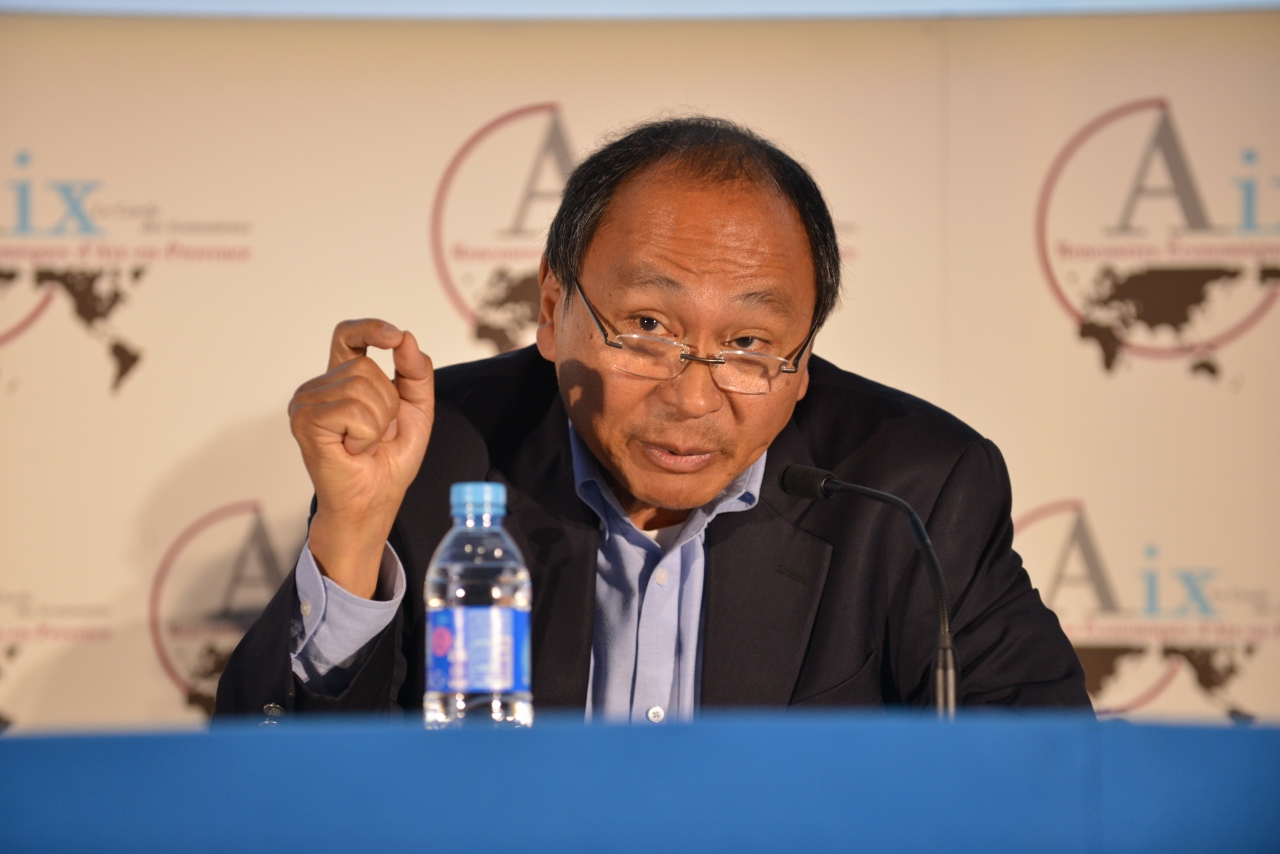Francis Fukuyama: Hungary has shown that evolving backwards is possible

Political scientist and international relations scholar Francis Fukuyama says Hungary has shown that it is possible to slide backwards from a liberal democracy to a semi-democratic system.
Francis Fukuyama, author of the book The End of History and the Last Man, gave an interview to Népszava in which he discussed, among other things, the success of Viktor Orbán, the possible re-election of Donald Trump and the future of classical liberalism.

Hungary’s illiberal turn
According to Fukuyama, “Hungary has shown that there is a way backwards, that is, that it is possible to slip from a true liberal democracy into a semi-democratic system. The question is whether more countries will follow Hungary down this path or whether the Danish model will prevail. And this is probably the central issue in world politics today.”
Asked by Népszava to what Viktor Orbán’s success can be attributed, Fukuyama said Orbán’s breakthrough success came during the Syrian refugee crisis. Since then, he was able to play on the fear that Hungary would lose its culture because of immigration. “Which is ironic,” the political scientist continued, “because Hungary does not actually have that many immigrants, and there is not really any cultural dilution.”
He believes that Cold War isolationism is an important factor in the turn towards populism in Hungarian political attitudes. After the regime change, Hungary “opened up a little bit to the common Europe, but it also created fears in people that they might lose something.”
Added to this, there is also a sense of nostalgia for the years of communism among certain sections of society. “I find it impossible to understand,” says Fukuyama, “but there are people who look back on communism and think, well, I had a stable job, I didn’t have to worry about having to face a complicated labour market, having to sell my skills, and so on…”
According to the political scientist, illiberal politicians all follow a similar script. One of the main elements of this is that they gain legitimacy through elections – they do not attack democracy outright, for instance, but once elected they start to dominate the media and work from there. In Hungary, too, Fukuyama points out, “the main television channels and newspapers have all fallen into the hands of people close to Orbán.”
Populist politicians then “change the constitution, they change the electoral districts to make it much harder to remove them from power. This is a process that has been going on [in Hungary] for several years.”
“Each step was small, so people didn’t realise how significant it was. But overall, Orbán has built a machine that makes it very difficult to oust him.”
A global future of illiberalism? Fukuyama is not so pessimistic

Although the global conquest of illiberalism would be “very bad in many ways,” Fukuyama warns against too hasty pessimism. He says liberal political parties still have a future – citing Poland, France, and Britain as examples, declaring “fighting back is possible.”
“Elections must be won,” he says, and although “Hungary did not get this far in the last elections, but I think the split in Fidesz gives hope that there will be fractures within the conservative coalition.”
About the upcoming elections in the United States, Fukuyama thinks that “If Trump is re-elected, it will have very, very serious consequences for both the United States and the international order. He does not like NATO. He does not support Ukraine. Putin is clearly hoping that Trump will have good relations with him.”
Drawing parallels between US and Hungarian politics, he said that he sees a tendency in both countries to turn political debate into personal attacks. “We do not just attack political opinions and party positions, we attack individuals and try to denigrate them in all kinds of ways. This is something that Donald Trump is very, very good at. And he has a lot of imitators around the world. Unfortunately, this is what right-wing politics is like in many countries, including my country and Hungary.”
Read also:
- Hungary paying price for EU not needing internal border protection
- FM Szijjártó: Peace is easier to achieve with negotiations
Source: Népszava






